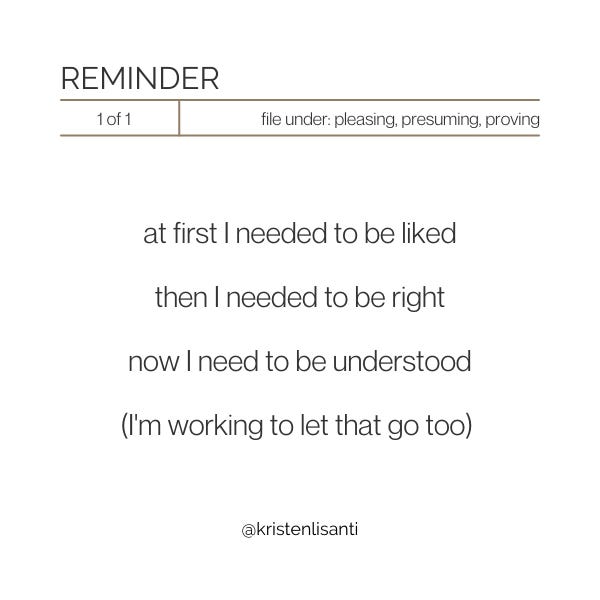Years ago, I was presenting a culture strategy—my first in a brand-new role—to my company’s COO, who was also a mentor to me. She listened carefully as I outlined the proposed approach, smiled at my wide-eyed enthusiasm and asked me, “So, what percentage of the team are you expecting to like you and your plan?” I didn’t hesitate.
“100%.”
Her smile widened. “That’s going to be a problem.”
Sometime later, I was facilitating a team debrief following a fraught project. Tensions were high and accusations were flying. As an objective observer, I could see what I thought was the issue, and I said so. “It’s pretty obvious why this group is struggling. You don’t feel safe with one another.”
The room went silent. For a moment I thought I’d cracked it wide open and they were all absorbing the wisdom I had shared. But after a rather awkward pause, the senior executive in the room all but groaned, “Riiiight. Safe.”
And just like that, I’d lost them.
One of my recent projects has been an organizational culture deck. I’ve had most of the content ready to go for two years, and it’s taken me all that time to get the thing built. I continually sought feedback for my countless drafts, some of which were ~40 pages long and all of which were met with comments like:
“Wow, that’s… a lot.”
“It’s really… impressive?”
“Do you think people will… read this whole thing?”
The version we are launching this month is 10 pages long and mostly white space. The feedback has been excellent. It’s not nearly enough for me, but it’s just right for everyone else.
This week
Which of these (or other) anti-strategies are you relying too much on?
It’s an anti-strategy if you think it’s going to deliver the results you want, but then it always seems to backfire.
Pleasing seems straightforward enough: If people like us, we’ll be ok. But the things we do to make people like us (conform to their whims, suppress our own views) don’t earn us respect. More often than not, the harder we work for approval, the less we are able to achieve.
Presuming that our own view is the actual truth has its own issues. For one thing, none of us has a complete perspective on our own—that’s why we need a diverse and inclusive team. But what we often don’t realize is how insisting on our own righteousness fosters distance and distrust in others.
Proving ourselves with an abundance of data and detail can also undermine our position. Our desire to be understood puts us on the defensive, and in working too hard we can unwittingly overwhelm others, leaving them more stressed than impressed.
In the comments: What’s your anti-strategy? What is the antidote?





Being respected is far more important for a leader than being liked. Being liked can feel a better than the tough work it sometimes takes to be respected. But it's also really important to remember these two things are not mutually exclusive.
Great insight Kristen, it really is a scale of seeking external validation. Also enjoyed the stories to show each stage :)